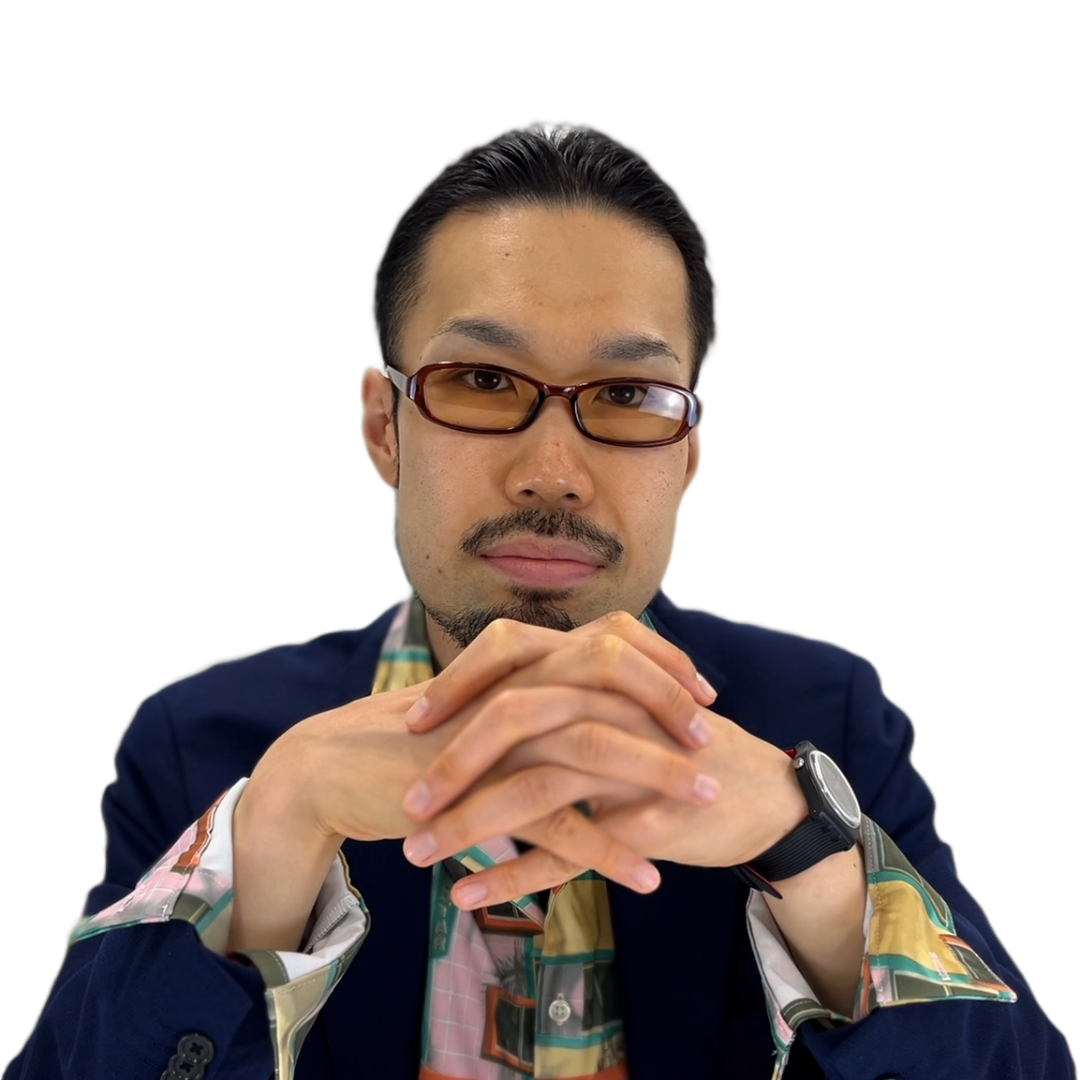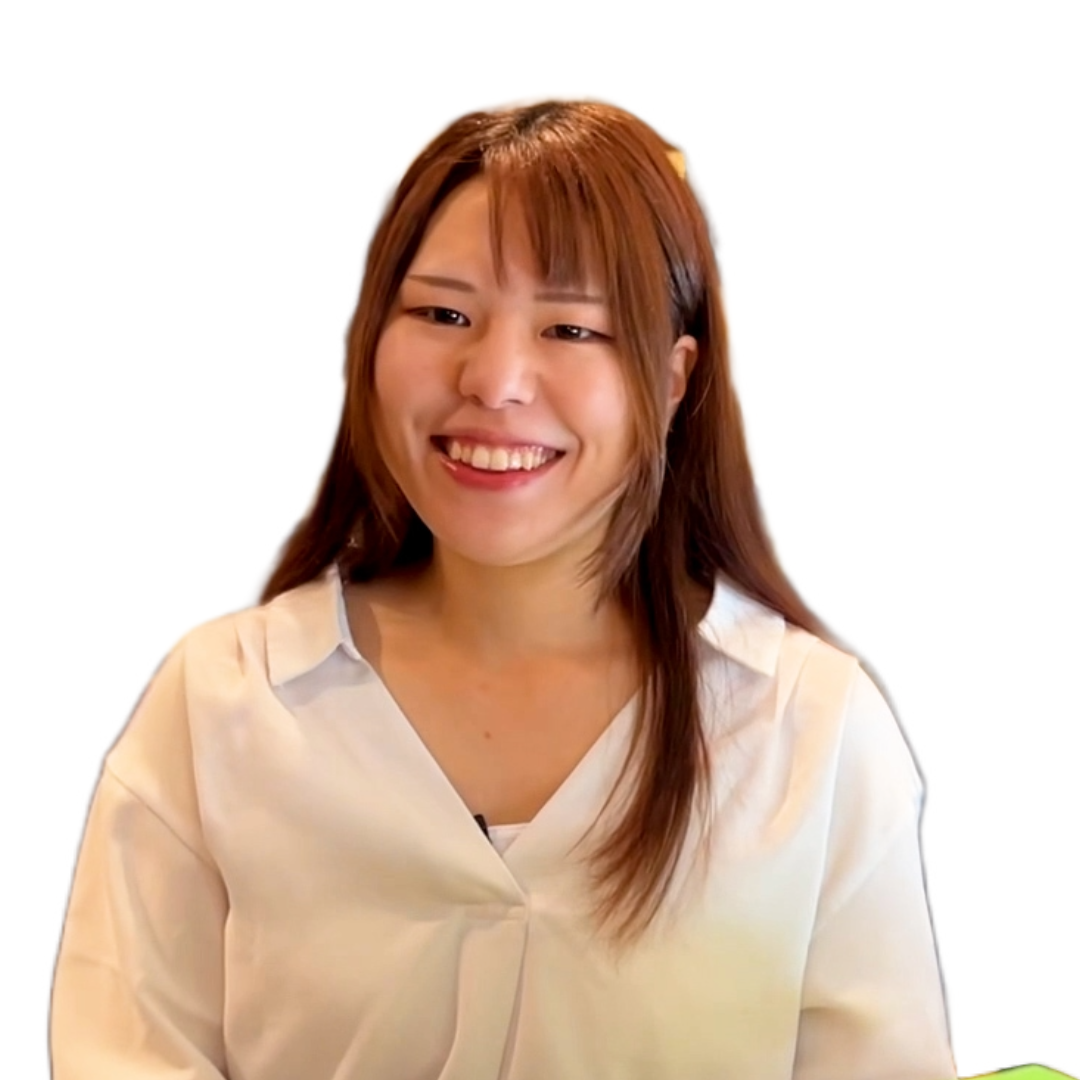ひろ「じゃぁ、演技審査します。」
ミキ「はい! よろしくお願いします。」
ヒロ「あ、すわったままでいいですよ。」
ミキ「あ、はい。」
ミキ「あなたが好きなの! 突然、こんなこといってごめんね。
でも、言わずにはいられなかったの。
だって…後悔したまま生きて行きたくないの!」
ヒロ「カット! はい、お疲れ様―。演技審査終了です」
ミキ「ありがとうございました!」
さなえ「うーん、じゃあ、ヒロさん、演技審査の感想は何もいわなかったの?」
ミキ「うん。怖い顔して、黙ったまま。たぶん、ダメだったんだと思う」
さなえ「そっか。 じゃあ、それでオーディションは終了?」
ミキ「あ、いや。 そのあとに…」
Hiro: “Alright, let’s proceed with the acting assessment.”
Miki: “Yes! Please take care of me.”
Hiro: “Oh, you can stay seated.”
Miki: “Oh, sure.”
Miki: “I like you! …I’m sorry for saying something like this out of the blue. But I couldn’t hold back. Because I don’t want to live with regrets!”
Hiro: “Cut! Alright, well done. The acting assessment is over.”
Miki: “Thank you very much!”
Sanae: “Hmm, Hiro-san, didn’t you say anything about the acting assessment?”
Miki: “Yeah. He had a stern face and remained silent. I think it probably didn’t go well.”
Sanae: “I see. So, is the audition over then?”
Miki: “Oh, no. After that…”
| すわる | to sit down |
| 好き(すき) | like, love |
| 突然(とつぜん) | suddenly |
| こんなこと | such a thing , this kind of thing |
| 言わずにはいられなかった (いわずにはいられなかった) | couldn’t help but say |
| 後悔する(こうかいする) | to regret |
| 生きて行く(いきていく) | to keep to live |
| 感想(かんそう) | impression , thoughts, opinion |
| 怖い(こわい) | scary, frightening |
| 顔(かお) | face |
| 黙る(だまる) | to stay silent |
| たぶん | probably, maybe |
“〜したまま” is an expression in Japanese that uses the past tense form (“た” form) of a verb to indicate a state or action that continues unchanged without any alteration. This structure is unique to the Japanese language and combines the “た” form of a verb with the particle “まま.”
While the “た” form is typically used to express past actions, combining it with “まま” emphasizes that even after the past action has concluded, the state or action continues. On the other hand, “まま” is a particle that indicates a state without change or remaining as it is.
見た(た form) + 後で

すわったままでいいですよ。
you can stay seated.
すわった(た form) + まま

後悔したまま生きて行きたくないの!
I don’t want to live with regrets!
後悔した(た form) + まま + Verb.

(彼は)怖い顔して、黙ったまま。
He had a stern face and remained silent.
黙る (た form) + まま
This expression effectively conveys nuanced situations and relationships between past events and subsequent states or actions. It is frequently used in Japanese to describe how an action in the past affects the ongoing situation or state.
